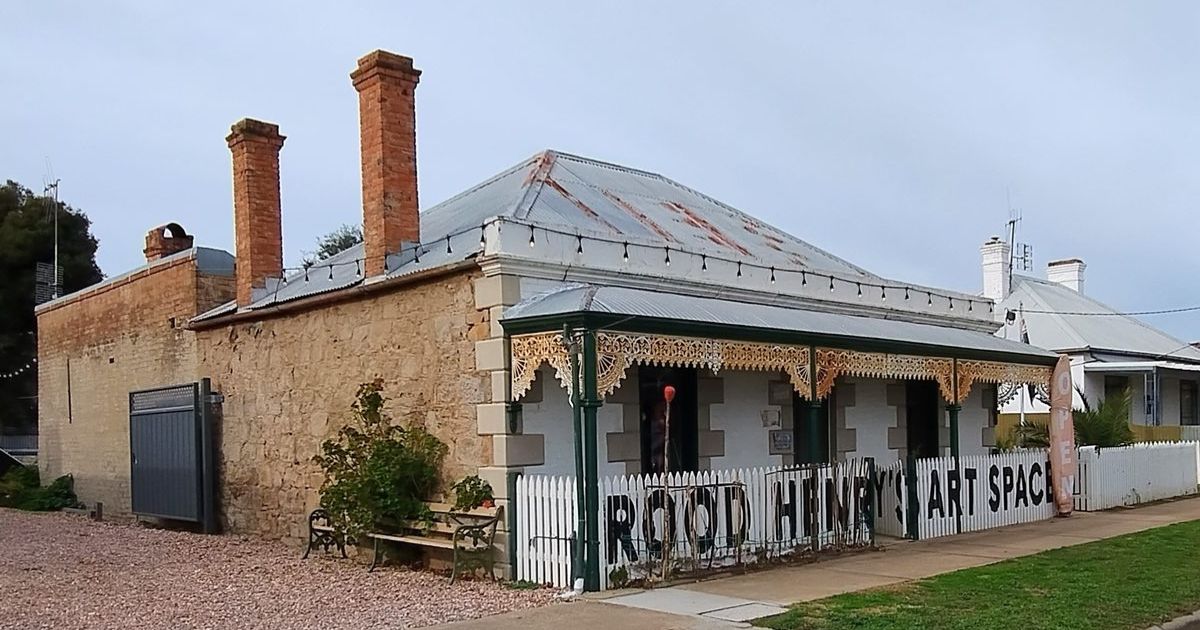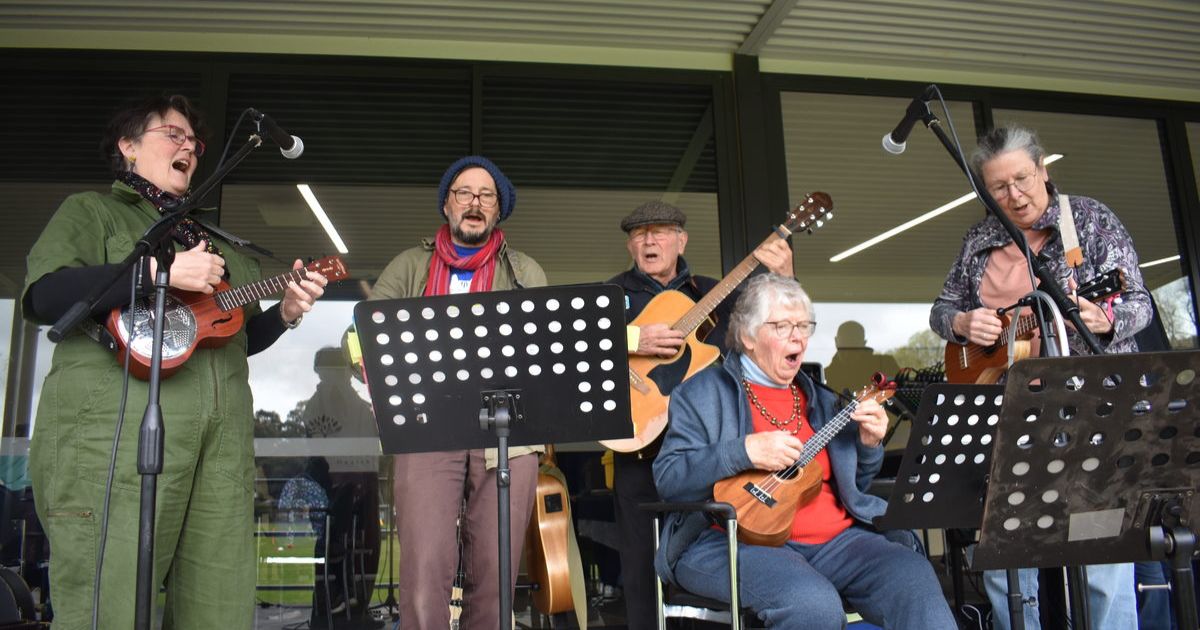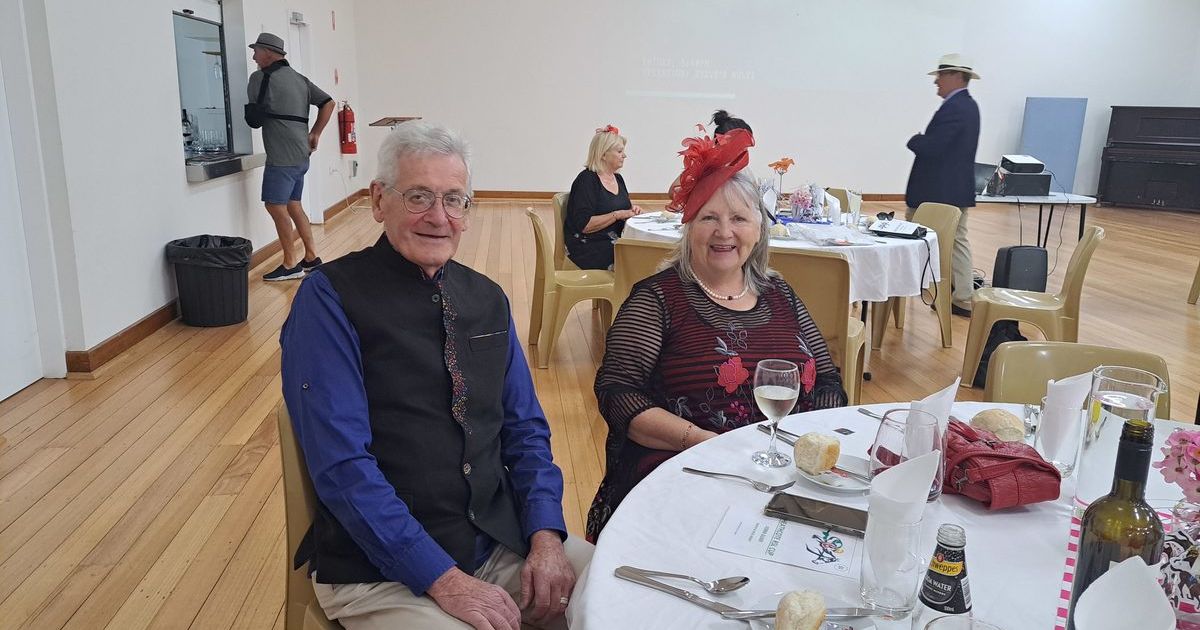The man who wore his heart on his sleeve

Local mogul: 166 High Street Heathcote housed one of Thomas Blake's many business ventures in the 1860s and 1870s. Photo: BARBARA SUNGAILA
THOMAS Blake was one of Heathcote’s more colourful nineteenth century characters.
Like many of his fellow townsmen, he took on several roles including farmer, storekeeper, corn merchant and Heathcote Borough councillor.
Born in Cornwall in 1824, he married his second cousin Betsey Lang in 1847 and they emigrated to Australia in the mid 1850s with their two eldest children Richard and Anna.
Their third child was born in Brunswick in 1857, and the fourth in Heathcote in 1859.
Betsey’s brother George had arrived in Australia in 1851, along with his wife Elizabeth, while a third sibling, Mary, went to New Zealand with her husband Thomas Parsons some time after 1861.
By 1868 Betsey had given birth to the last of four more children.
Thomas Blake first appeared in the McIvor Times in 1863 in a dispute with the Heathcote District Road Board after they alleged that Blake had illegally fenced part of a road.
In the following years he was listed in a number of minor court cases over unpaid wages and goods, both as a plaintiff and as a defendant.
By March 1865 he was named as the single largest shareholder in the Redcastle and Dargile mining Company.
In 1867 Blake purchased 166 High Street, opposite the Union Hotel, and after letting it for a short time he established a corn dealership there.
This was in addition to a farm and flour mill at Mount Camel, as well as his ongoing involvement with the mine.
By July 1873, the McIvor Times Costerfield correspondent was describing Blake as a man who “rages furiously.”
“The usages of society require us to hide our griefs, so that however hard a man is pressed, he doesn’t hold his heart upon his sleeve,” they wrote.
“But Mr. Blake is an exception, his woes are great, his anger is strong, and he vents it lustily.”
Although the anonymous writer was referring to anger at a failed mining venture, on a personal level Blake was facing the imminent loss of his wife who would die of tuberculosis on 19 August.
Clearly spoiling for a fight in the aftermath, he started a petition to have local police magistrate Robert Shadforth removed.
A year later he had an altercation with another magistrate, Willam Von-der-Luft.
As a serial litigant in the local courts, Blake had developed personal grievances with almost all the members of the bench.
Simmering resentment boiled over in the bar of the Mount Ida Hotel where he confronted Van-der-Luft about perceived injustices.
The magistrate responded by successfully suing Blake for using “insulting words.”
In 1875 Blake began a remarkably uncontroversial three-year stint as a Heathcote Borough councillor.
By 1885 he had left the district and married his second wife, a widow named Elizabeth Parsons.
They initially settled in Nathalia in northern Victoria and in his 1910 obituary the Nathalia Herald remembered him as “one of the founders of Nathalia.”
But his new-found marital bliss was short lived.
Elizabeth Parson had eight children under 14 when her first husband died and she went on to have another two with Thomas.
In May 1895 they separated, and by November they were wrangling over the right to wheat grown on a property farmed by Thomas’s son-in-law Elisha Barker.
This culminated in Elizabeth’s son Frank Parson’s shooting Thomas’s horse in an attempt to stop him physically taking the wheat.
The estranged couple went on to fight their private battles in public when Thomas took Elizabeth to court in 1896 for taking firewood from his property.
Elizabeth died in 1900 and the now elderly Thomas faded from the public eye.
He died in Tocumwal in 1910 at the age of 87.

















